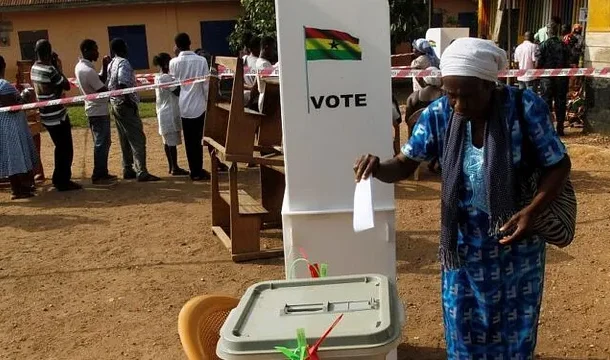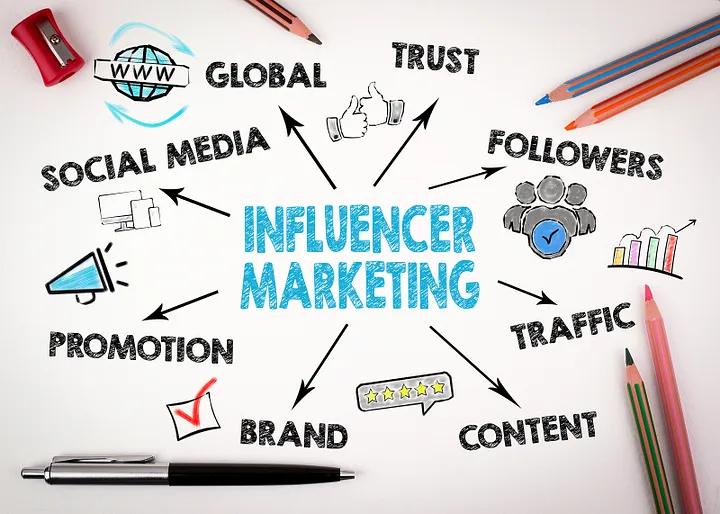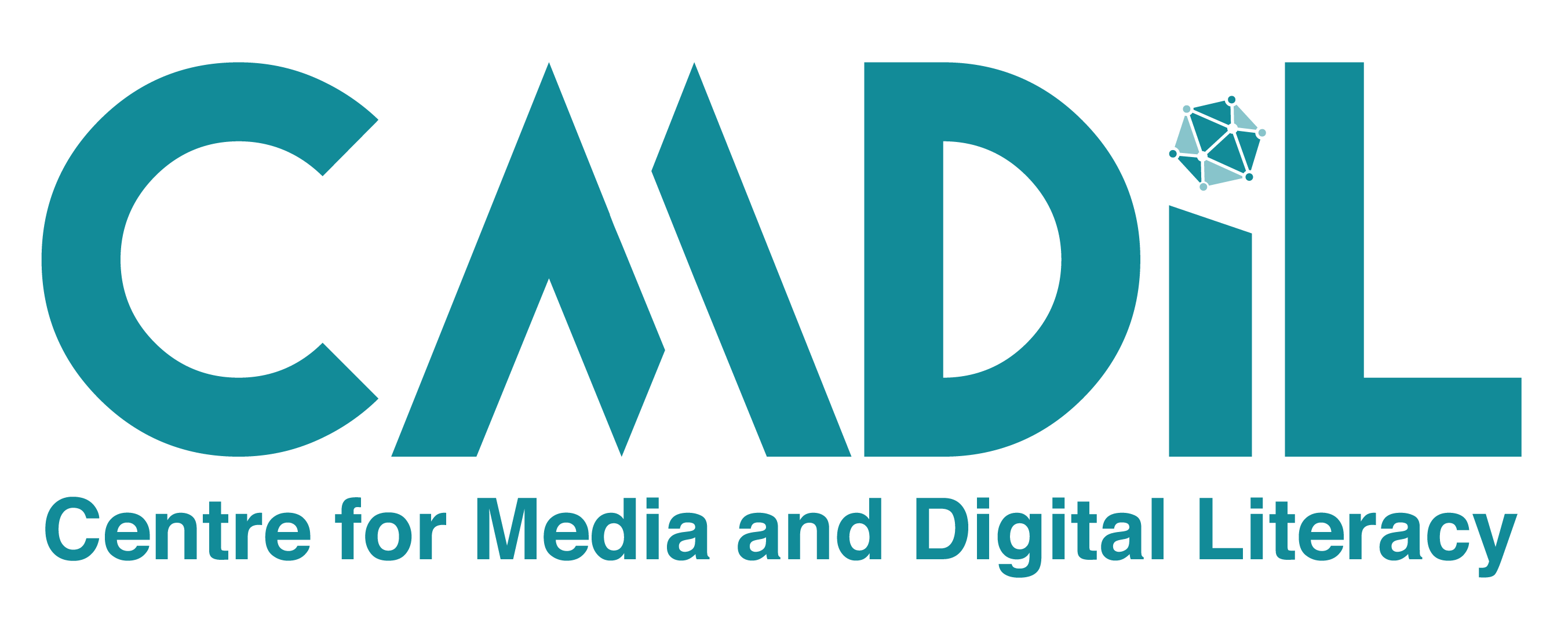
Centre for Media and Digital Literacy
- +233 277 778 960
- info@cmdil.org
- Mon-Fri 8am - 5pm
Influencer marketing is rapidly evolving into a lucrative industry in Ghana as the country’s digital ecosystem expands. Social media influencers, individuals with substantial following on social media platforms, are taking advantage of the over 19 million internet users, a significant number of whom are active on social media platforms like Facebook, Instagram, TikTok, and X (formerly Twitter), not only to earn a livelihood but also shape and influence public discourse.

Photo credit: Legal and Creative
According to a 2023 McKinsey and McKinsey survey, trust in influencers continues to grow, with the number of social media users who say they trust influencers increasing from 51 per cent in 2019 to 61 per cent in 2023, underscoring their significant appeal to brands. While the level of influence Ghanaian influencers wield over their followers is unclear, their contribution to the information space cannot be denied.
They use their platforms to amplify messages, often leading discussions that ripple into mainstream media. They have sparked and led several movements, including #Fixthecountry, #stopgalamseynow and #freethecitizens, culminating in street protests.
As Ghana prepares to vote on Saturday, influencers’ activities have gained momentum, with many promoting political messages. However, little is known about their engagement methods and how some may not serve the public interest.
Social media influencers do not just seek to influence pro bono. Some of them are ‘hired hands’ who carefully craft, post and amplify messages as part of paid campaigns. This practice reflects the commodification of influence — a global trend in countries like Kenya, Nigeria, and South Africa.
In Kenya, the Institute of Security Studies report on the 2022 elections found that paid influencers influenced election and political discussions.
“The elections demonstrated the ‘commodification’ of influence — a market for hashtags and influencers for hire’, parts of the report read.
Similarly, a 2023 BBC report revealed that Nigerian social media influencers were paid by political parties to spread disinformation about their opponents in the 2023 general elections.
Daily Maverick’s 2024 report of the 2024 South African elections made similar findings.
How Influencers Operate
Unlike advertisements, which in most instances are obvious to distinguish, paid influence is not. It can range from open endorsement of brands to covert political campaigns to influence public opinion. However, they often tend to be covert campaigns during elections.
The influencer market typically operates as a network comprising several actors. It includes the clients looking to deliver a message; mega influencers (influencers with more than one million followers), the main instrument to get the message out; and nano influencers (influencers with less than 10,000 followers), who serve as amplifiers. Their social media followers and followers of their social media followers are the main targets of their messages.
Strategies and Tactics of Influence
Influencers employ various techniques to expand their reach and maintain. Engagement farming, where they craft sensational, emotionally charged content to attract likes, shares, and comments, is one such technique. They run polls, ask provocative questions, and issue viral challenges to reach this goal.
Another commonly used strategy is follower farming, which involves artificially boosting follower counts through bots, follow-for-follow schemes, and giveaways.
Posting at specific times of the day is also one of the strategies they employ. They usually post in the mornings when the algorithms are more sensitive to their activity to get their hashtags and messages to trend. They also manipulate trends by referencing trending topics or using popular hashtags, often in irrelevant and misleading ways.
Finally, as previously mentioned, they work in groups — a network — amplifying one another’s content.
On Ethical considerations and the future
There is no doubt that influencer marketing has been prominent and is shaping narratives as Ghanaians prepare to vote. However, while it allows voters to engage and contribute to political discourse, transparency around paid political influencing raises serious ethical concerns. Learning from other countries, it is clear that unchecked influence can mislead the public and harm democratic processes.
As influencers continue to shape conversations, more attention needs to be paid to the space.
